Call Me (a Tony Hatch composition first recorded by Petula Clark) was the first single released from his 1966 A&M album, The More I See You. The title single from the album, sung in a soft, very high tenor range and played on primarily adult-formatted radio stations, confused some disc jockeys, who were unfamiliar with Montez's past work.
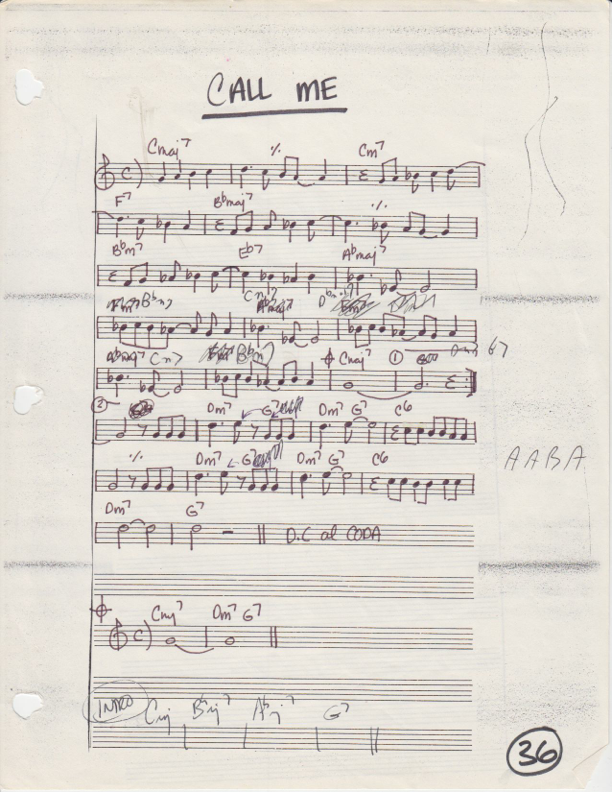
Call Me (a Tony Hatch composition first recorded by Petula Clark) was the first single released from his 1966 A&M album, The More I See You. The title single from the album, sung in a soft, very high tenor range and played on primarily adult-formatted radio stations, confused some disc jockeys, who were unfamiliar with Montez's past work.
Montez grew up in Hawthorne, California, influenced by the Latino-flavored music of his community and the success of Ritchie Valens.
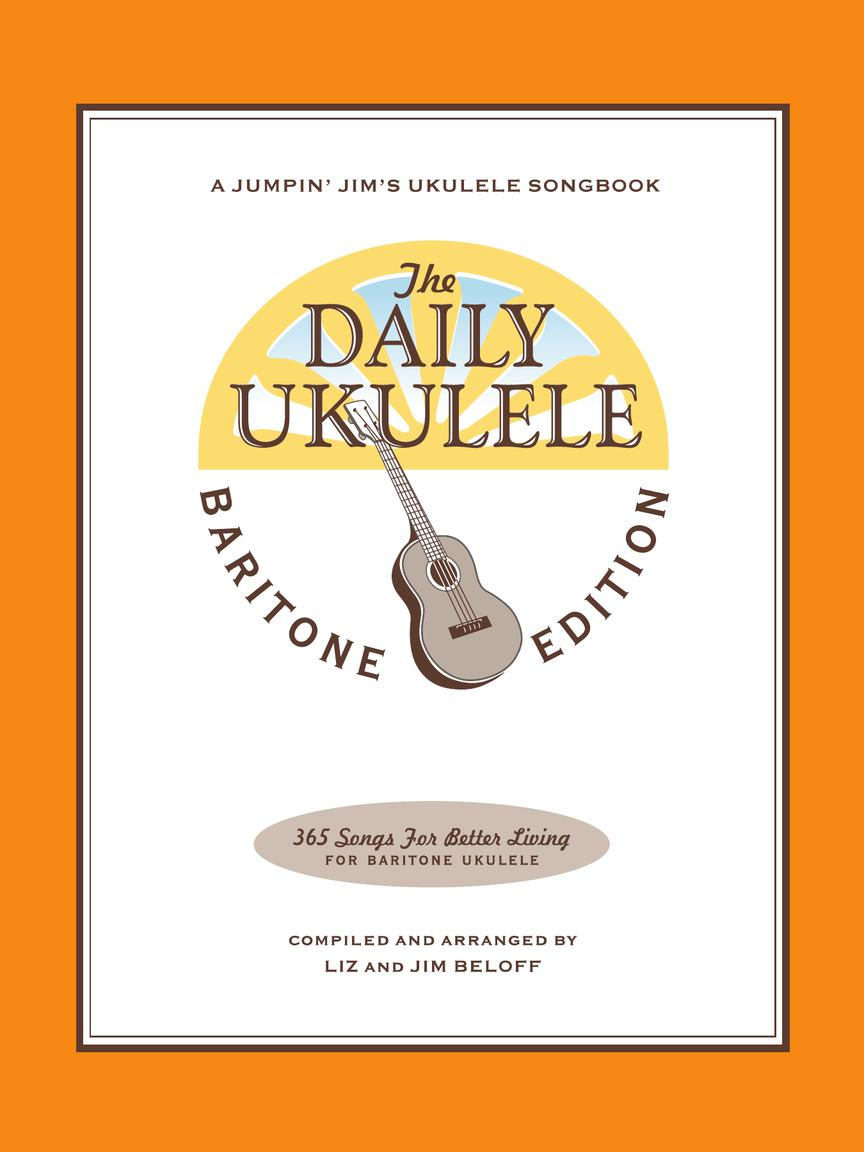
Call Me is in the The Daily Ukulele — Leap Year Edition
— 366 Songs for Better Living book.
In 1962, he recorded the single "Let's Dance" on Monogram Records (written and produced by Jim Lee). It went to No.4 on the Billboard Hot 100 chart in the U.S. and to No.2 on the UK Singles Chart (spending four weeks there). The follow-up, "Some Kinda Fun", was a lesser hit in the U.S., but reached No.10 in the U.K. in January 1963. Nonetheless, both records sold over one million copies, and were awarded gold discs.
Call Me — Premium Play-along Track
Premium Play-along Tracks are only available to Premium
members and Active/Private Students.
Here is a Demo of Desafinado to get an idea of the quality of these custom play-along tracks.
Play-along Demo: Desafinado
Desafinado — Premium Play-along Track with Guitar Melody Played
I, (Curt) originally created these tracks to perform over for gigs and this was a demo for booking gigs.
These Premium Play-along Tracks are available to LearningUkulele.com Site Members and are my personal one-of-kind tracks I (Curt) and Chuck Anderson recorded and arranged.
1966 Comeback
Montez returned to the recording studio in 1965, this time at A&M Records. Montez was searching for the same rock and roll formula that would replicate the success of "Let's Dance". During a recording session, A&M co-founder Herb Alpert (who co-produced Montez's first A&M album) suggested that Montez try a different approach: a middle of the road, soft sound. Though reluctant at first, Montez agreed to go along with his mentor's suggestion.
Call Me (a Tony Hatch composition first recorded by Petula Clark) was the first single released from his 1966 A&M album, *The More I See You*. The title single from the album, sung in a soft, very high tenor range and played on primarily adult-formatted radio stations, confused some disc jockeys, who were unfamiliar with Montez's past work. The song became enormously popular and has been used many times in movies, notably*Frantic*, starring Harrison Ford. When announcing the song, the DJs would often refer to Montez as a female. But by the time the album was released, Montez's pictures on the front and back of the jacket cleared up any mystery surrounding his sex, as explained in the album's notes on the back of the record jacket.
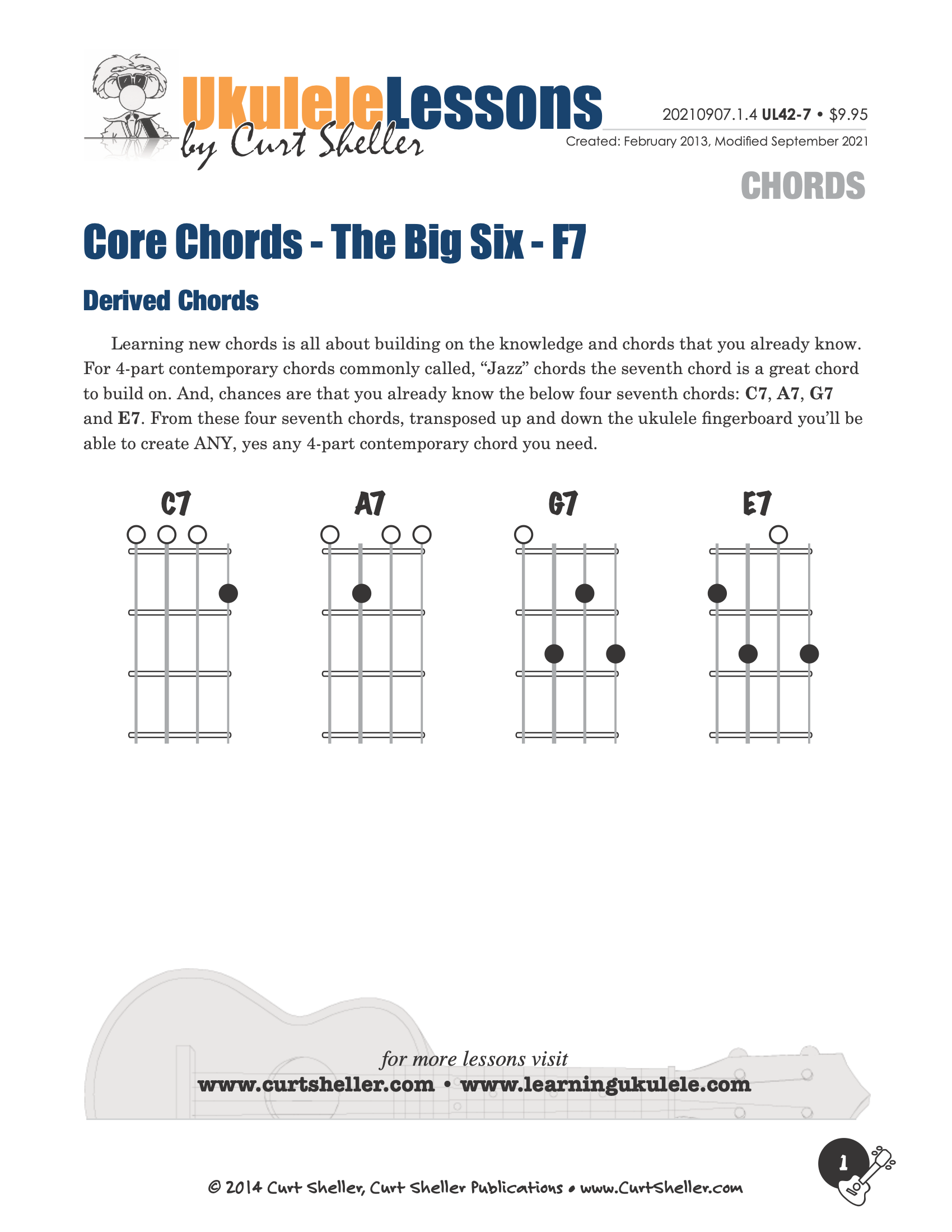
The Big Six Core Chords is a series of lessons for building your core, essential 4-part chords. These chords commonly called jazz chords, are really just 4-part chords used in a wide range of musical styles. These chords include: Seventh , Major Seventh, Minor Seventh, Half Diminished Seventh or Minor Seven Flat Five, Diminished Seventh, and Augmented Seventh. These six chords form a core set of chords.
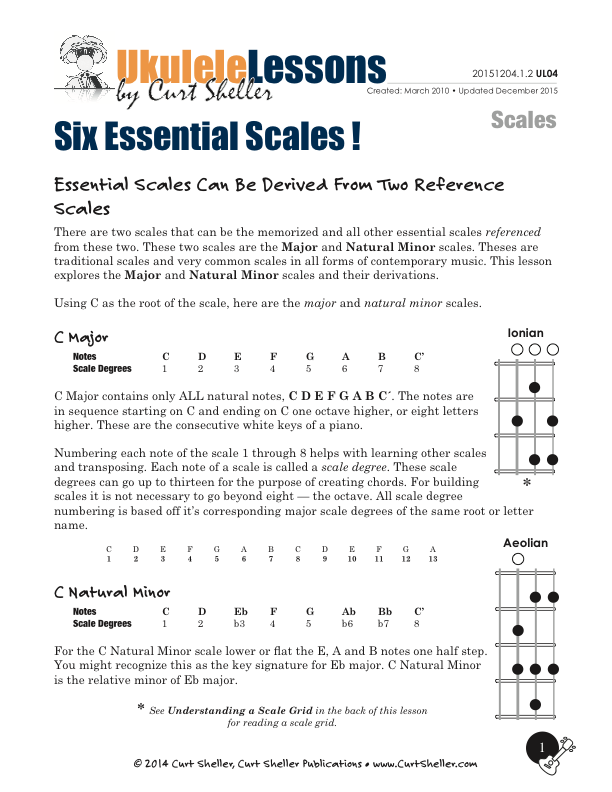
The six essential scales are: Blues Major Pentatonic Mixolydian Dorian Aeolian and Ionian From the six essential scales, you can get through a wide variety of traditional and contemporary music. A scale is simply a collection of pitches or notes, not really a "this is a Jazz scale", "this is a Blues" or "this is a Rock scale". It's how a scale is used that really matters not its name.
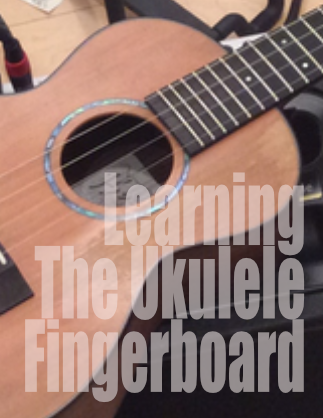
Most players struggle with learning the names of the notes of the ukulele fingerboard. There doesn't seem to a pattern and notes repeat. There is an easy way and "it's easier that you think." Most players know the names of the open strings for their favorite tuning.
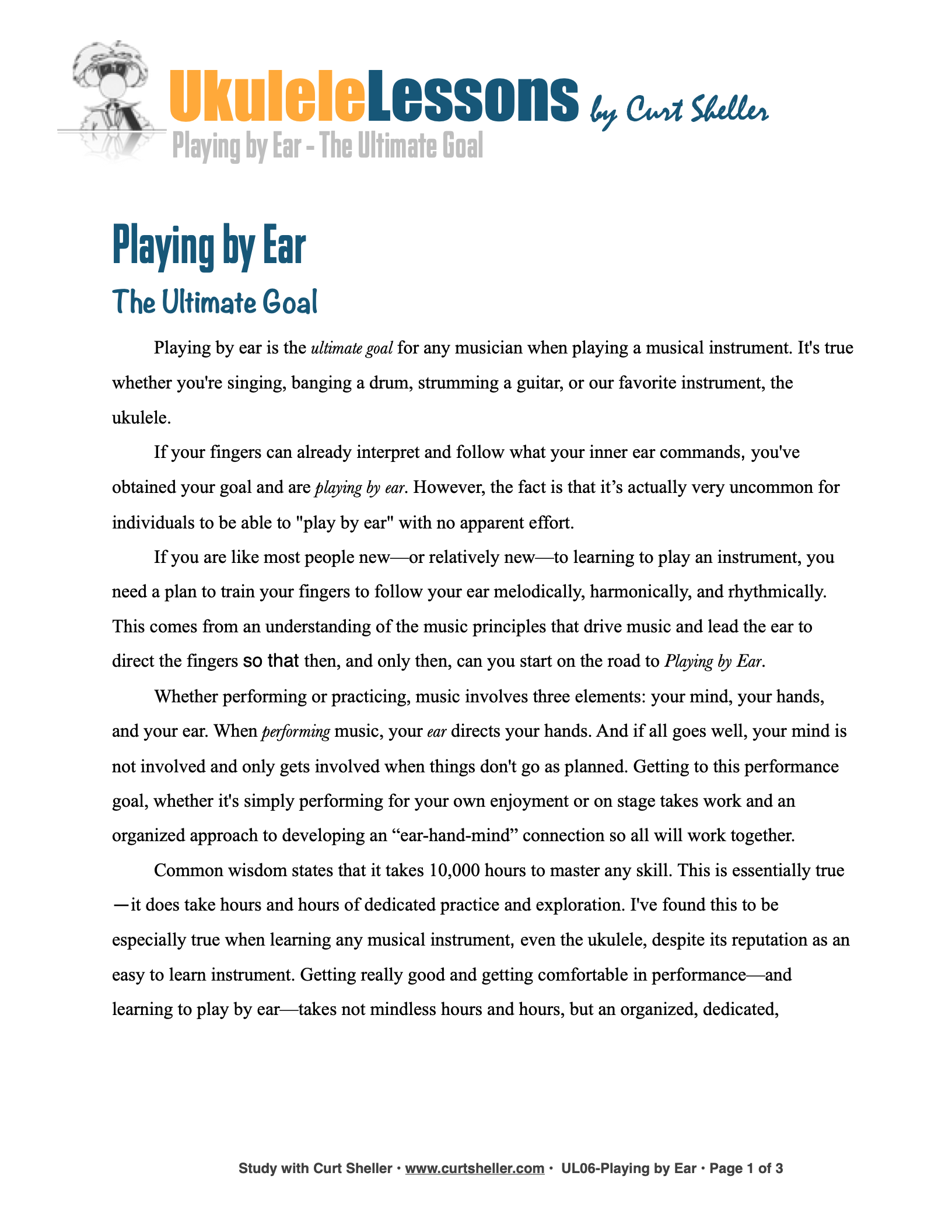
The ultimate goal for any musician when playing a musical instrument is to "Play by Ear". It’s true whether you’re singing, banging a drum, strumming a guitar, or our favorite instrument, the ukulele. If your fingers can already interpret and follow what your inner ear commands, you’ve obtained your goal and are "Playing by Ear."

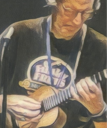
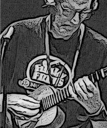

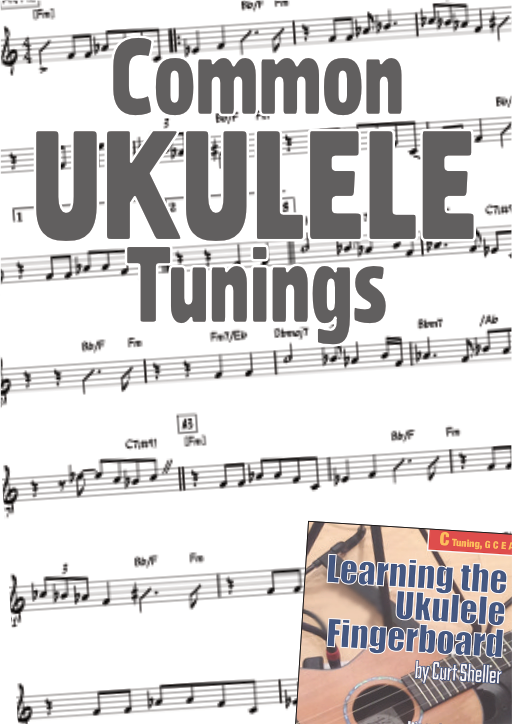
.jpg)